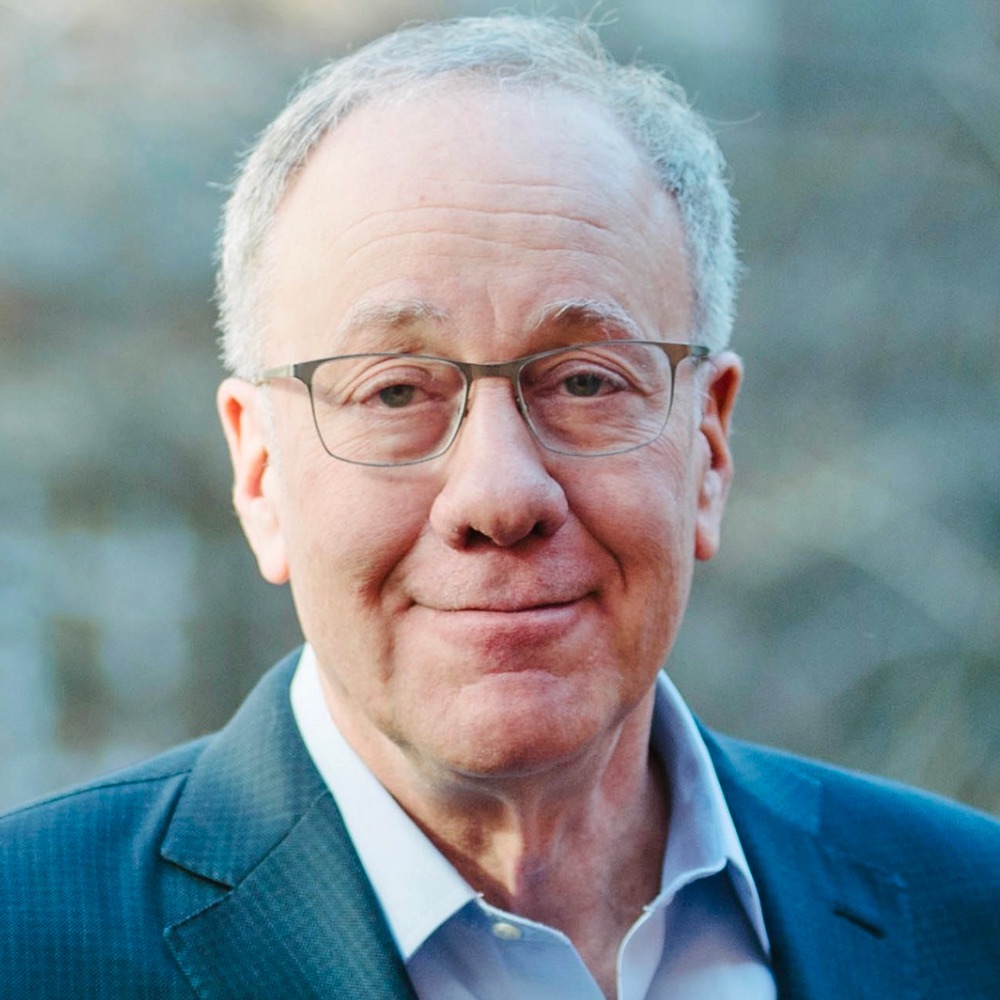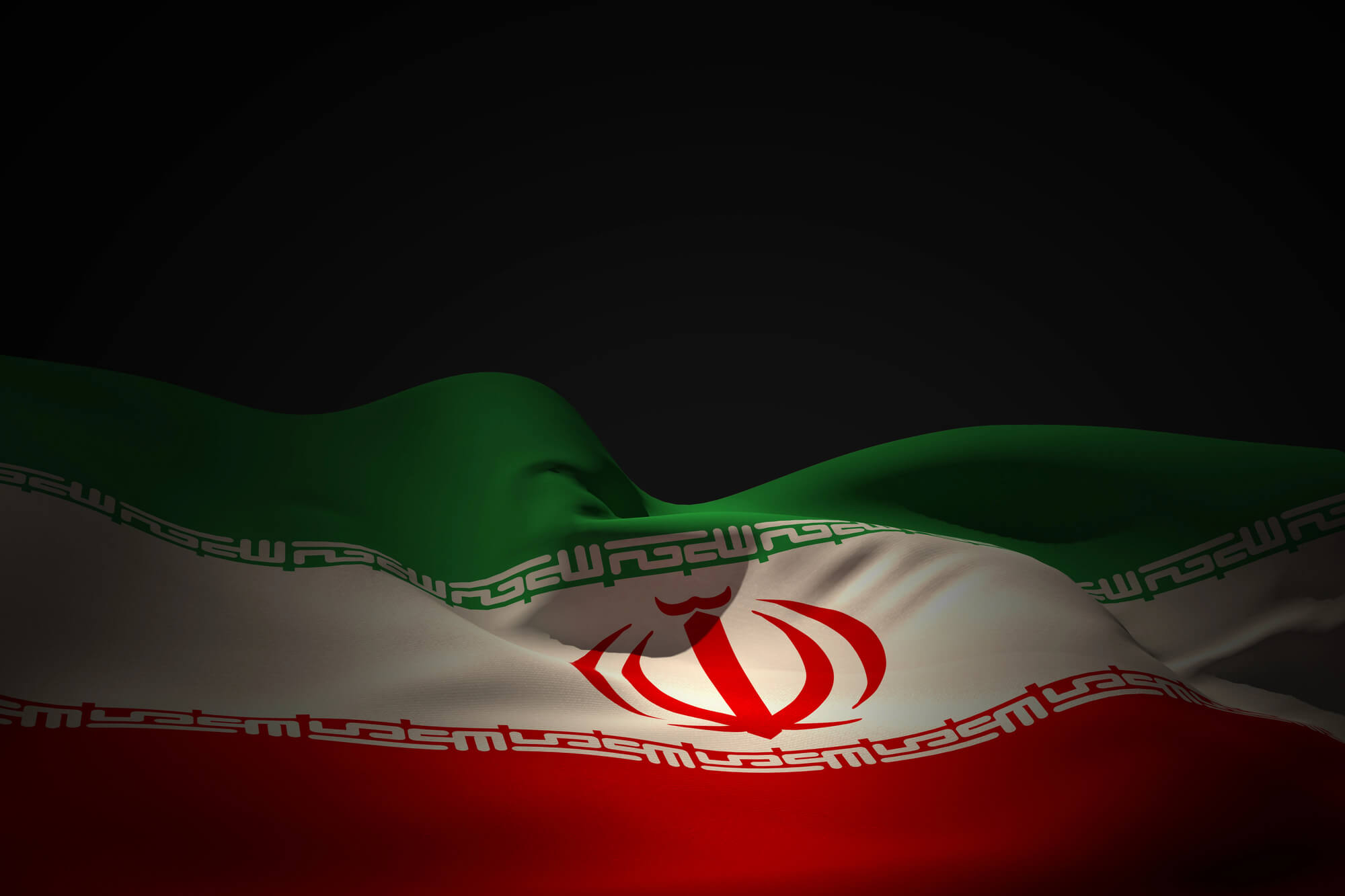I first visited Ukraine in 2014. I talked to many people, in particular discussing the decentralization reforms that were just starting at the time. These discussions inspired to me to write a brief history of the US to explain that federalism has been no less important for America’s success than democracy, even though federalism is less often appreciated by outsiders.
Federalism means that many decisions are taken at the local level and there is a complex balance of powers between central and local governments. Americans are very cautious about any new ideas that threaten to change the balance of powers. Autonomy of provincial governments has always been very important to Americans, since the US itself was formed in a war to protect the powers of provincial governments from the British Empire. A good illustration for this is the so-called Obamacare, a federal program in which the government took more responsibility for provision of health insurance; this program was designed to allow a lot of choices for the states in order to not upset the balance of power.
In my view, federalism is an important prerequisite for good governance. For example, United Arab Emirates or China are not democratic but they are federal and rather well governed, whereas Ukraine is a centralized democracy with problems stemming from its centralization. One important aspect of the federalism is that it provides a lot of opportunities for grassroots political leaders, and individuals who serve well in the local public offices can then become strong competitors for leadership in the national government. In this way, federalism lowers barriers against entry into national politics and so makes national democracy more competitive.
One should be disturbed by a system where the best candidate for the highest office is the one with no government experience. In a federal democracy, good candidates for President or Prime Minister can be found among people who have some political or governmental experience at the local or state level. In the US, Donald Trump was the first President without any prior government experience, and his presidency was a stress for America’s political institutions. I think we survived this threat to our system largely because of the federalism. Authoritarian tendencies in the US are worrying but they are very regional – Trumpists may try to subvert democracy in about 1/3 of districts where they have a local majority, but it is much harder to change the entire national political system. In any case, it is important for parties to have local offices in the regions where they lost – in order to protect the minority who voted for them.
Protection of minorities is vital to democracy, although it has become a dominant idea in the US only in the second half of the last century. Originally, the US Constitution did not establish equal rights for all the citizens – it allowed slavery, and did not allow African Americans and women to vote. Constitutional amendments introduced in the mid-19th century, after the Civil War, stipulated that the states should provide equal rights protection for everyone. Thus, the federal government took responsibility for protection of the minority rights and democracy. This is the best way to ensure that provincial governments should not abuse their power and that any form of ‘feudalism’ should not emerge. The best way to prevent feudalism is to guarantee everyone equal opportunities for participation in local elections – so that local oligarchs cannot escape from local accountability. This is an important task for the national government. To put it simply, the central government should use its power to support voters’ democratic rights, and voters can use their democratic rights to control local elites.
This arrangement may be threatened if local officials try to control the outcome of local elections and the central government does not want to intervene – for example, when local governments provide electoral support also to the national-level politicians. In this case one may have to wait for a central government that is controlled by a party that is different from a party to which ‘local oligarchs’ belong. When such a government is elected, it can increase its electoral base by improving protection of voting rights.
For example, the US federal government failed to protect the rights of black voters for many years before 1965. Lyndon Johnson (the US president in 1963-1968) did most to end the institutionalized racism in the US. He used a lot of enforcement power of the national government to protect the rights of black voters and undermine local elites that supported discriminatory norms. He did this to obtain more votes. This launched fundamental changes of the social norms, and in about 50 years Americans elected a black president.
Paradoxically, such a tectonic change could be more difficult in a centralized system, because a president who has a centralized power may turn to the dominant local elites to get votes. He may strike a deal with them – they support him during elections, and in turn he appoints them to local offices. Thus he becomes dependent on ‘local oligarchs’. One can find many instances in history when monarchs who lost support of aristocracy (ancient form of oligarchs) were overthrown. Oligarchs have common interest in preserving their powers, so if a central leader (be it a president or a king) acts against them, they unite and can collectively overthrow him. Thus, a central leader who tried to impose a new social norm would most probably face opposition not from one local leader but from all of them.
A big advantage of federalism is that, because local oligarchs have power from local politics and not from the central government, sometimes power in regions will change, i.e. opposition will come to power in certain regions. Another big advantage of federalism is that it makes it easier for a president to go after corrupt local officials – because he did not appoint them. A president is not blamed for failures at the local level if he did not appoint local governments. On the contrary, he wants the people to trust him to correct those failures. This suggests that decentralization increases chances for reelection of a national leader who protects the rights of citizens if local governments try to abuse them. At the same time, if local leaders risk being punished for abusing their voters, they will try to serve their citizens well. And with this good track record they then can try to run for the national office. In this way federalism protects democracy.
When can this logic fail? One example is Nigeria that has deep ethnic divisions. Here successful local leaders might not become strong competitive candidates for national leadership if people of other ethnicities are unwilling to trust them as national leaders, even with a track record of providing better government at the local level. In this way, ethnic divisions can prevent federalism from delivering better national democratic competition. This would certainly not be the case for Ukraine where people care more about personal or professional qualities of a leader than his/her ethnicity.
But what if a national leader, instead of protecting voters’ rights, strikes a deal with local elites who then support his power and at the same time strengthen their power over citizens? How can a society jump out of this bad equilibrium? Clearly a broad conspiracy by a broad coalition of national and local elites to abuse their powers and suppress people’s democratic rights would be very hard to oppose. But a federal separation of powers would make such a conspiracy less stable, by permitting more autonomous opportunities for competitive defection from the abusive coalition. First, some governors could decide to provide better services to their people and then run for the central office, challenging the abusive national leader. Alternatively, the national leader could decide to protect local opposition from abusive local oligarchs – e.g. by means of the national police. Additionally, people could organize a new political party – to challenge incumbent leaders who abuse their power.
People value democracy because they appreciate their power to hold the leaders of government accountable for the quality of public services. So to have nation-wide support, a party would want its local leaders to be democratic. The advantage of having your party take uncontested control of local government in one region, by suppressing local democracy there, would be countered by the disadvantage of losing support from voters elsewhere who see your party as anti-democratic. And in national political system with strong political parties, any local leader generally must align with one of these parties. In this way, a strong national party system can help to protect voters’ rights in the entire country.
Now, as Russia is threatening to escalate the war with Ukraine again, how could one create a credible threat that this undertaking would be very costly for Russia? A full answer should go beyond military preparedness and recognize that decentralization which empowers local community leaders can be a significant factor for national defense. When every community has elected local leaders who have both a real stake of power in the Ukrainian political system and a proven ability to mobilize people for local political action, then any potential invader should understand that a foreign occupation would face well-organized and deeply-rooted resistance in every part of the country. In this way, decentralization can help to strengthen the forces for defending Ukraine’s national integrity. So if foreign threats are a concern, then this would be a good time to push for additional reforms that strengthen the powers of elected community leaders, whether by augmenting their local budgets or perhaps by including them in a rayon council with real authority over administration at the rayon level.
Ukraine is an important partner for the US. Americans are very sympathetic to Ukraine because Ukrainians chose democracy. We supported Russia’s transition to democracy as well, and I strongly believe that democratic Ukraine will ultimately encourage a more democratic Russia, although this prospect may seem threatening to Russia’s current leadership. But I believe that eventually Russia will have better relations with its neighbors – much like Germany does today, although it tried to impose its dominance twice during the last century.
Attention
The author doesn`t work for, consult to, own shares in or receive funding from any company or organization that would benefit from this article, and have no relevant affiliations



